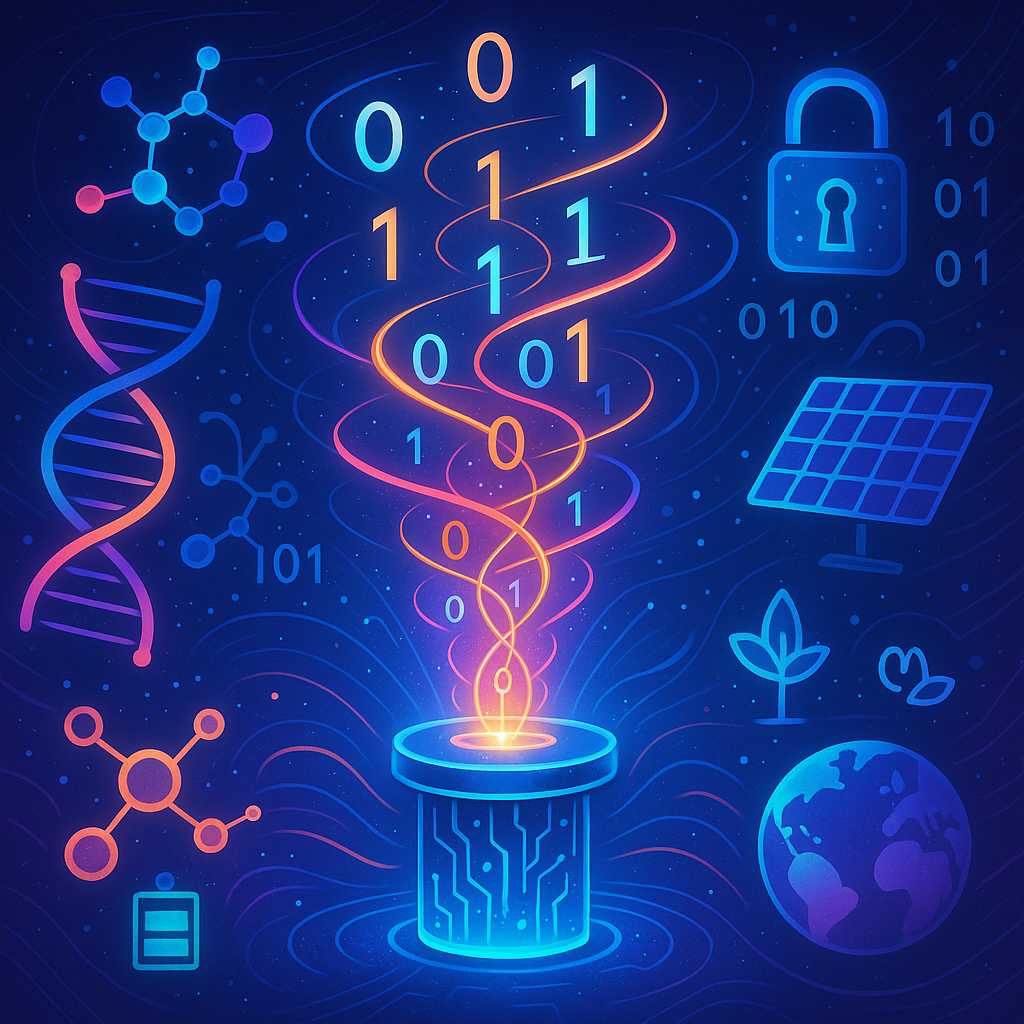Quantum computing has become one of the most exciting frontiers in science and technology, often discussed with both awe and a hint of sci-fi mystique. But what exactly is quantum computing, and how might it impact our daily lives? Let’s unravel this breakthrough together.
What Makes Quantum Computers Different?
In classical computers—like the one you’re using right now—information is processed using bits, which are either 0s or 1s. Quantum computers use quantum bits, or qubits, which can exist as 0, 1, or any quantum superposition of these states. Thanks to quantum phenomena like entanglement and superposition, quantum computers can perform certain calculations at unprecedented speeds, far outpacing even the fastest supercomputers for specific tasks.
Real-World Impact: From Medicine to Sustainability
-
Medicine and Drug Discovery: Quantum computers can model complex molecules and simulate interactions with remarkable accuracy. This means faster drug discovery, potentially leading to breakthroughs in treating diseases that remain unconquered today.
-
Cryptography and Security: They can solve complex mathematical problems that are nearly impossible for current computers, which might break traditional encryption methods. However, they can also usher in new forms of virtually unbreakable quantum encryption, keeping our digital world secure.
-
Sustainable Solutions: By optimizing complex processes, quantum computing could help improve weather prediction, reduce energy usage, and innovate new materials for sustainability, from powerful solar panels to efficient batteries.
Bringing Quantum to Your Doorstep
While full-scale quantum computers are still emerging from the laboratory, tech giants and startups are racing to make quantum computing more accessible. Someday soon, even a phone app might tap into cloud-based quantum computers, allowing everyone from scientists to students to explore their power.
Conclusion: The Quantum Age Begins
Quantum computing isn’t just an abstract theory—it’s a technology with the potential to transform industries, tackle global challenges, and reshape the way we think about information. As this quantum leap unfolds, the next scientific revolution may be closer than we think, unlocking solutions to problems once deemed unsolvable.
Stay curious—tomorrow’s wonders are always being written in the language of science.


Leave a Reply